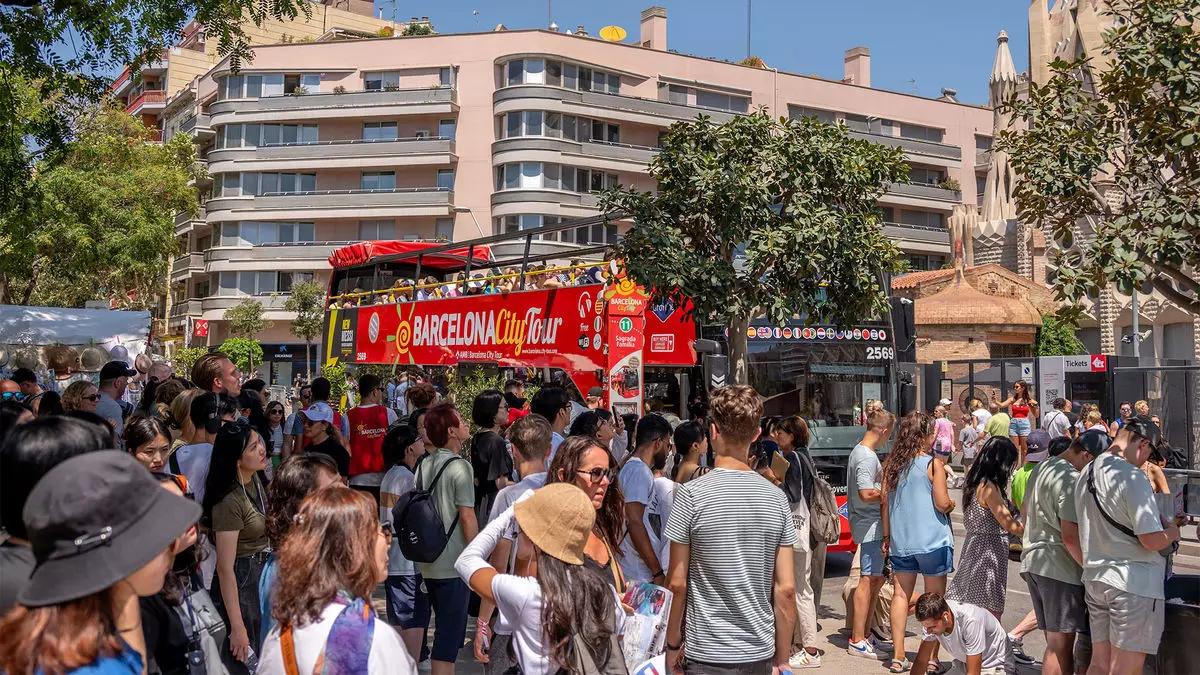The recent protests in Barcelona, where residents sprayed tourists with water guns and voiced slogans against mass tourism, have sparked a global conversation about the impacts of overtourism. While the protests aimed to shed light on the challenges faced by local communities due to tourism, industry experts and leaders have criticized the tactics used by the residents, arguing that it sends the wrong message.
Tourism industry leaders, such as Tom Jenkins, CEO of the European Tour Operators Association, have expressed dismay at the protests in Barcelona. While acknowledging the frustrations of residents with rising housing costs and overcrowding, industry experts believe that targeting individual tourists with water guns and blocking travel routes with tape was not the appropriate way to address the issue.
The protests in Barcelona have raised concerns about the city’s reputation as a tourist destination. Simon Hudson, a professor of tourism at the University of South Carolina, noted that the confrontational nature of the protests may deter tourists from visiting the city. While there has been no significant impact on bookings for Barcelona so far, tourism authorities are closely monitoring the situation.
Spanish tourism authorities have condemned the use of water guns in the protests, emphasizing that such actions do not align with Spain’s culture of hospitality. Despite the protests, tour operators like Intrepid and Tauck have reported that their operations in Barcelona remain unaffected. The Spanish Tourism Board and the Barcelona Tourism Board have acknowledged the concerns raised by residents and highlighted the importance of listening to social sentiment in managing tourism.
Barcelona has implemented various initiatives to mitigate the negative impacts of tourism, such as banning cruise ships from docking near the city center and restricting short-term apartment rentals. The city’s efforts to manage tourism demonstrate a commitment to balancing the needs of residents and tourists. However, industry experts caution against using the term “overtourism” as a blanket statement, urging a more nuanced approach to addressing the specific challenges faced by communities.
The protests in Barcelona have underscored the complex issue of overtourism and the tensions between residents and tourists in popular destinations. While legitimate concerns exist on both sides, the key lies in finding a balance that protects the interests of local communities while ensuring sustainable tourism growth. By reevaluating the impact of overtourism protests and engaging in constructive dialogue, stakeholders can work towards solutions that benefit all parties involved.

